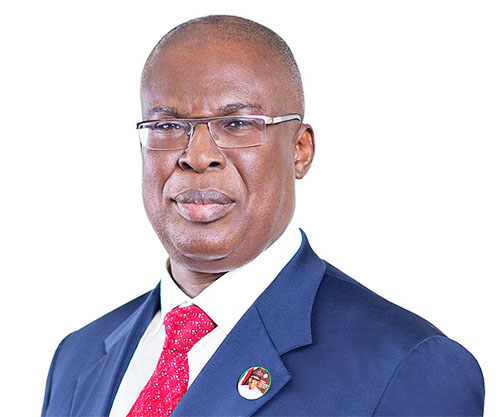
By Teddy Nwanunobi
Contrary to 1.38 million barrels per day (mbpd) that Nigeria pumped in the month of July, the oil-rich West African nation pumped 0.11mbpd lower in the month of August.
The latest Monthly Oil Market Report (MOMR) of the Organisation of Petroleum Exporting Countries (OPEC) showed that Nigeria pumped 1.27mbpd.
“On the back of the new report, oil prices rose for a second session on Monday”
Nigeria’s Minister of State for Petroleum Resources, Chief Timipre Sylva, had, in July this year, disclosed that Nigeria’s OPEC oil production quota had risen to 1.554mbpd, excluding condensate.
The quota was raised further by 38,000bpd at the last August meeting, where the OPEC, alongside its allies, led by Russia, agreed to raise global oil supply.
OPEC, in its report, stated that, “preliminary data indicates that global liquids production in August decreased by 0.03mbpd to average 95.69mbpd compared with the previous month”.
The MOMR also disclosed that member countries produced 26.76mbpd in August.
The report showed that Nigeria’s crude oil production fell by 6.68 per cent to 1.239mbpd in the month of August from 1.323mbpd in July.
The daily oil production figure excludes condensate, which Nigeria is not under obligation to report to OPEC, just as the OPEC quota does not include the condensate.
But on its latest demand forecast, OPEC projected that the COVID-19 pandemic would affect demand in the near term, and revised down its fourth-quarter demand forecast by 110,000bpd, to 99.70mbpd, as well as this year’s non-OPEC liquids supply growth to 170,000bpd, lower than the forecast in last month’s report.
It trimmed its world oil demand forecast for the last quarter of 2021 due to the Delta coronavirus variant, saying a further recovery would be delayed until next year when consumption would exceed pre-pandemic rates.
“The increased risk of COVID-19 cases primarily (fueled) by the Delta variant is clouding oil demand prospects going into the final quarter of the year. As a result, second-half 2021 oil demand has been adjusted slightly lower, partially delaying the oil demand recovery into first-half 2022,” the report said.
On the back of the new report, oil prices rose for a second session on Monday, fueled by concerns over shut output in the United States, following damage from Hurricane Ida.
Prices have risen over 40 per cent this year, boosted by economic recovery hopes and OPEC+ supply cuts, although concern about the Delta variant has weighed heavily on optimism.
Brent crude rose 67 cents, or 0.9 per cent to $73.59 a barrel, and U.S. West Texas Intermediate (WTI) crude also added 66 cents, or 1 per cent, to $70.38, their highest since around September 3.
About three-quarters of the offshore oil production in the US Gulf of Mexico, or about 1.4 million barrels per day, have remained halted since late August, roughly equal to what OPEC member, Nigeria, produces.
Royal Dutch Shell Plc, the largest oil producer in the U.S. Gulf, on Thursday cancelled some export cargoes because of damage to offshore facilities from Hurricane Ida, signalling energy losses would continue for weeks.
In July, OPEC and its allies, known as OPEC+, agreed to gradually unwind record oil output cuts put in place last year due to the pandemic, by 400,000 bpd a month from August and confirmed the plan at their last meeting on September 1.
On the overall Nigerian economy outlook, OPEC recalled that it grew by five per cent year-on-year in 2Q21, following expansion of 0.5 per cent y-o-y in 1Q21, describing the growth as the strongest since 4Q14.
“More importantly, it mirrors a stable economic recovery, as it marked a third quarter of expansion following a recession in 3Q20. Growth was driven by the non-oil sector, which expanded to 6.7 per cent from 0.8 per cent y-o-y in 1Q21.
“Remarkably, the trade, information and communication, transportation, electricity, agriculture and manufacturing sectors contributed the most to GDP growth. On a quarterly basis, the GDP decreased by 0.8 per cent.
“For the time being, the re-imposition of lockdown measures to cope with a new wave of COVID-19 has become a more pressing risk.
“In the short term, the economy is anticipated to pursue its recovery, though high inflationary pressures, liquidity constraints and the impact of and uncertainties related to COVID-19 will provide challenges,” OPEC said regarding the growth rate.


